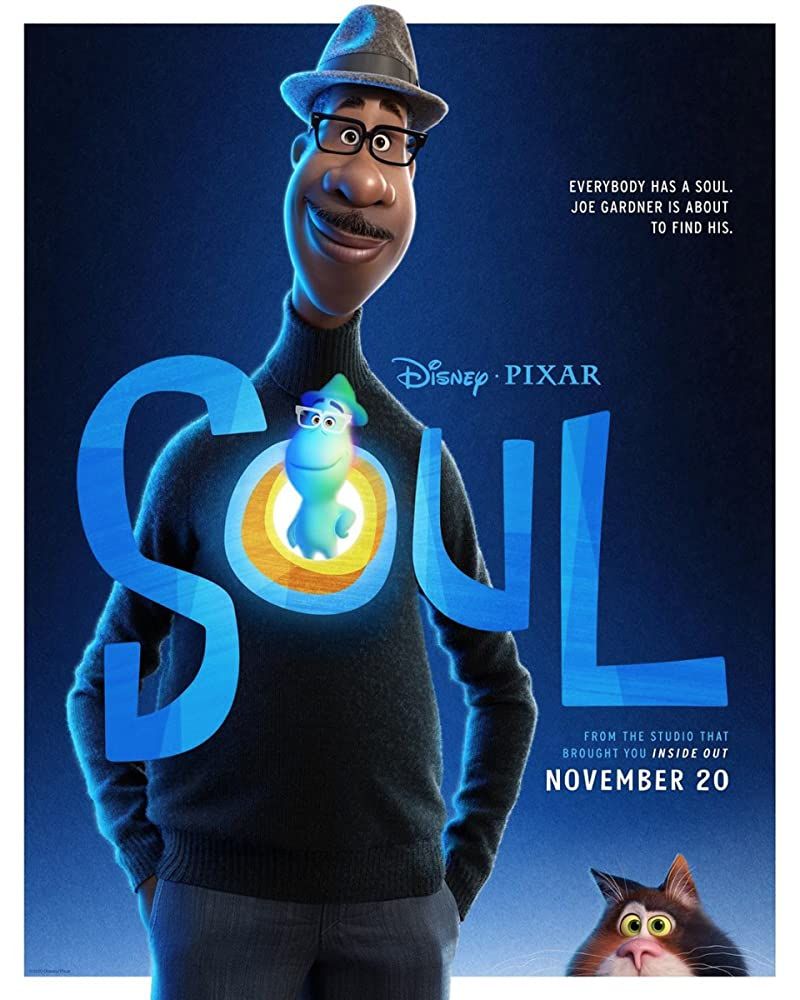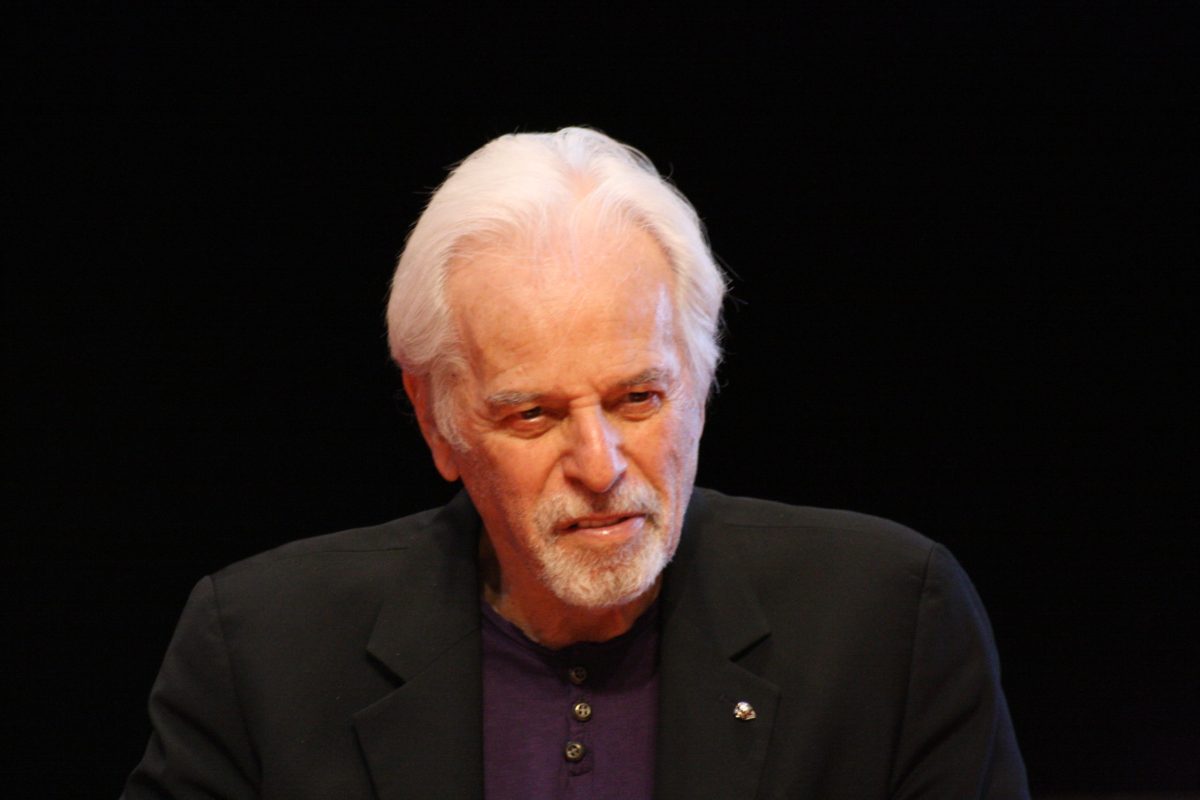By Scott M. Waldman
In film’s earliest moments, the idea of filmmaking was to portray life in its context or an event that was, to one’s eyes, a work of art. As film evolved, so did its literary stance as the use of subtitles began to give dialogue to its characters. With the addition of sound to these silent flicks, the stories gained a new dimensional layering as films began to explore the emotional and physical opportunities that could be gained including sincerity, suspense, and drama which added new genres to film’s library. “Lights, Camera, Action!” became film’s tagline with the most prominent word (for the sake of this article) being that of action. With light, only an image will exist. With a camera, the image can be recorded and distributed. With action, the image comes to life. What is it that brings these images to life? With the actions and plots that moves most (not all films take advantage of a good plot) films forward, the story gives the film the action it needs to exist in reality as the images we view.
A plot in its entirety is made out of a combination of what makes up life itself. There’s a place/environment to inhabit, people/characters to meet (unless it’s abandoned for the plot’s sake), and actions in the form of steps taken or words recited. The best films take advantage of this idea by creating unimaginable or real (possibly your backyard) worlds, relatable characters (that you would want to hang out with), and actions that are either going to make you afraid for your life or induce thrills that make you want to partake in what comes ahead. That’s the magic of the cinema; it brings the impossible from the mind into reality, and we all want to be a part of it (unless you don’t, which is also fine). On the other hand, the worst films, in terms of plot, give viewers environments that may be imaginable, but are badly created (admit it; the new Transformer (2007-?) films still hurt most of our eyes), characters that try to be relatable yet try too hard to be something they obviously aren’t (watch the latest Fantastic Four (2015) film), and actions that don’t make sense out of any form of logic (would Fifty Shades of Grey (2015) actually occur in the real world?).
The best plots often allow viewers to gain a sense of trust towards whoever is a part of the film. Take James Gunn or the Russo Brothers on their Marvel outings on Guardians of the Galaxy (2014) and Captain America: The Winter Soldier (2014); with their successes due to the tales that astonished, these directors will return for their respective sequels in the coming years of Marvel’s universe as Joss Wheedon had done with his additions. This is a hypothesis that Hollywood should dig into; if the directors or writers know how to make a plot worth digging into, then they should continue to be given chances to make films instead of other filmmakers, because people will more likely flock to these films and gain trust in the industry to get their money’s worth for whatever they are viewing. Over the years, this industry has been losing the trust of its viewers from the release of beautiful trailers with interesting plots to the final product that has a plot sucked dry by the beauty it portrays. The industry brings into film’s equation a balance between subject and substance; which is more important?
Without a plot, the film as a whole can be called a ‘meaningless’ experience. The film has to have a reason for being made. If it’s literally a show of images, maybe it’s a show of events that intertwine together as puzzle pieces of a larger riddle like that of Memento (2000). There should be a careful reason for every image that’s portrayed, every word that’s read, and every step that’s taken. Christopher Nolan so far has been extremely focused on this idea when creating his films. His films not just attempt to transcend the realm of reality, but attempt to create a yearning in the audience to traverse to this new reality. That’s what film is sometimes; an escape from reality. The plots serve to give each of us a scenario of this unseen world that we inevitably will crave a larger taste of. Hopefully popcorn is written into the story; it’ll make the experience a treat.






























